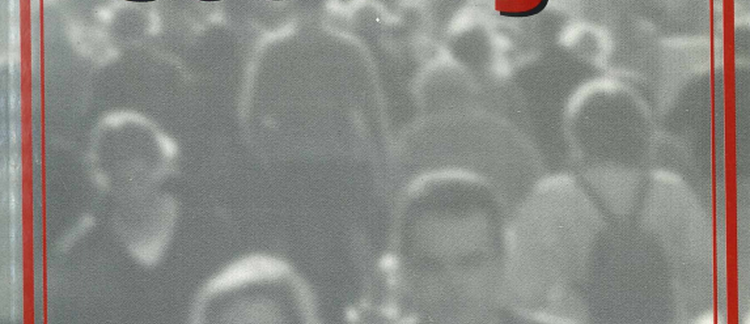Abstract
This study deals with Kosovo war reporting in The Netherlands. It is a first attempt at exploring the possibilities of framing theory for examining the role of news media in the Kosovo-conflict. The details of the analytic scheme are 'purpose-built' for this study. Data were collected from a representative sample of the daily press (January 1- June 30, 1999) by way of a (quantitative semantic) content analysis and a (quantitative pragmatic) reception analysis. In addition to the results we collected from published opinion-polls on the subject we undertook a small survey by way of snowball and Street questionnaires. Within the limitations of our study we can conclude that all survey data are in line with the newspaper content and reception data. The content and reception data show that the Dutch press emphasized "political frames" rather than "military frames" in order to describe the conflict from a NATO point- of view, while it used the "civil" ("humanitarian") frame for blaming agents other than NATO. The Dutch press suffered from one-sidedness in favor of NATO and a majority of the Dutch population supported the NATO-intervention in Kosovo, before, during, and after the conflict. As a consequence, our data indicate that the efforts of NATO to control media frames and public opinion have been extremely succesful in the Dutch case. Additional data that were collected for the UK and Italy Abstracts 631 suggest that these NATO efforts may have been also effective for the UK but certainly less effective for Italy.
How to Cite:
De Landtsheer, C. & Palmer, J. & Middleton, D., (2002) “Een 'framing' analyse over de Kosovo-oorlog in de Nederlandse pers”, Tijdschrift voor Sociologie 23(3-4), 403–439. doi: https://doi.org/10.21825/sociologos.86560
Downloads:
Download PDF
View
PDF


